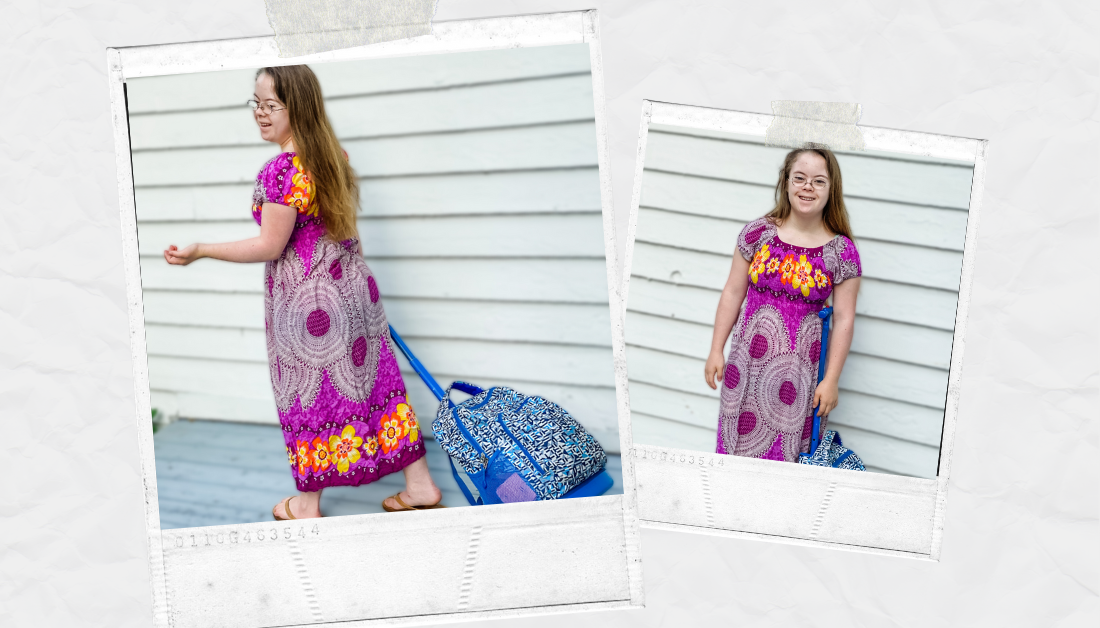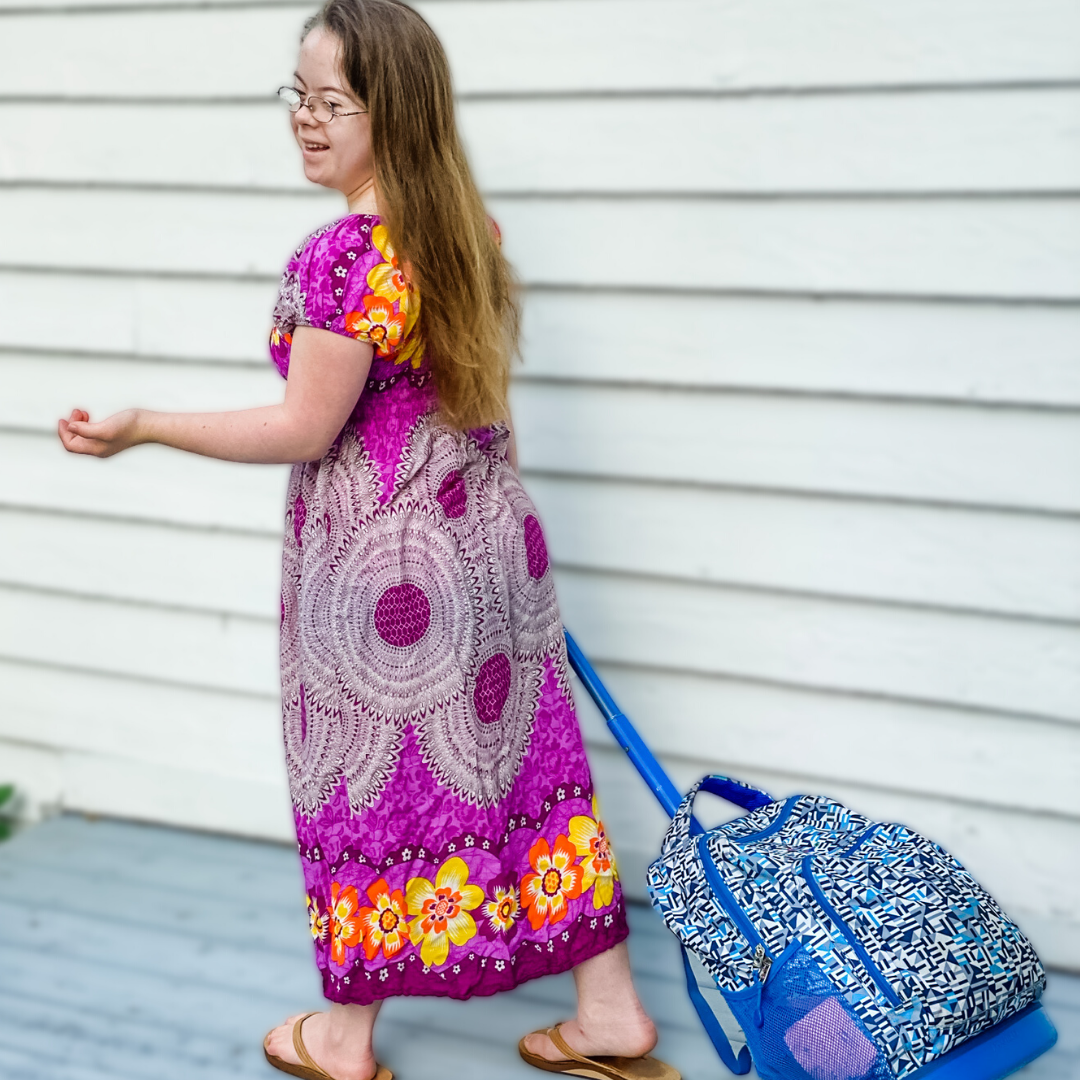 Should Penny take Chemistry next year, as a tenth grader with an intellectual disability?
Should Penny take Chemistry next year, as a tenth grader with an intellectual disability?
This is the question set before us as we began to plan with Penny and her team. Penny has no interest in learning Chemistry. I never took Chemistry. Peter remembers nothing from Chemistry. Chemistry requires Algebra, which Penny has not learned.
Attending High School With an Intellectual Disability
But we are part of a small school system. There aren’t elective science classes. The other options for her are taking additional art or music classes. I don’t want her science education to be over just because she can’t understand Algebra. There has to be a different way.
So Penny and I talked. We agreed that it would be helpful to know more about her body and how it works. To understand planets and the solar system. To learn about ecosystems.
This Is What Equity Looks Like
We presented these thoughts to her special education coordinator, and she said, “That makes a lot of sense. I think I could build a curriculum using the 7th-grade science textbook that would cover a lot of these concepts, and we could just check in one-on-one. Maybe there are even some other kids who would benefit from the same thing.”
So here we go, finding a third way. Not giving Penny exactly the same classes as her typical peers. Not denying her an opportunity to learn science. But helping her continue to learn in the context of her community.
This is what equity looks like.
**One final thought: This is what equity looks like, but it is not what the vast majority of kids with disabilities and teenagers with an intellectual disability receive in high school. I hold this up as an example of what could be, knowing that it is also dependent upon our well-funded school system in a small town with teachers who are both willing and able to think about novel solutions to serve kids’ needs.
Learn more with Amy Julia:
- Book: A Good and Perfect Gift
- Missing Out on Beautiful: Growing Up With a Child With Down Syndrome {Paperback}
- Every Kid Deserves a Community of Support
If you haven’t already, you can subscribe to receive regular updates and news. You can also follow me on Facebook, Instagram, Twitter, Pinterest, YouTube, and Goodreads, and you can subscribe to my Love Is Stronger Than Fear podcast on your favorite podcast platforms.




